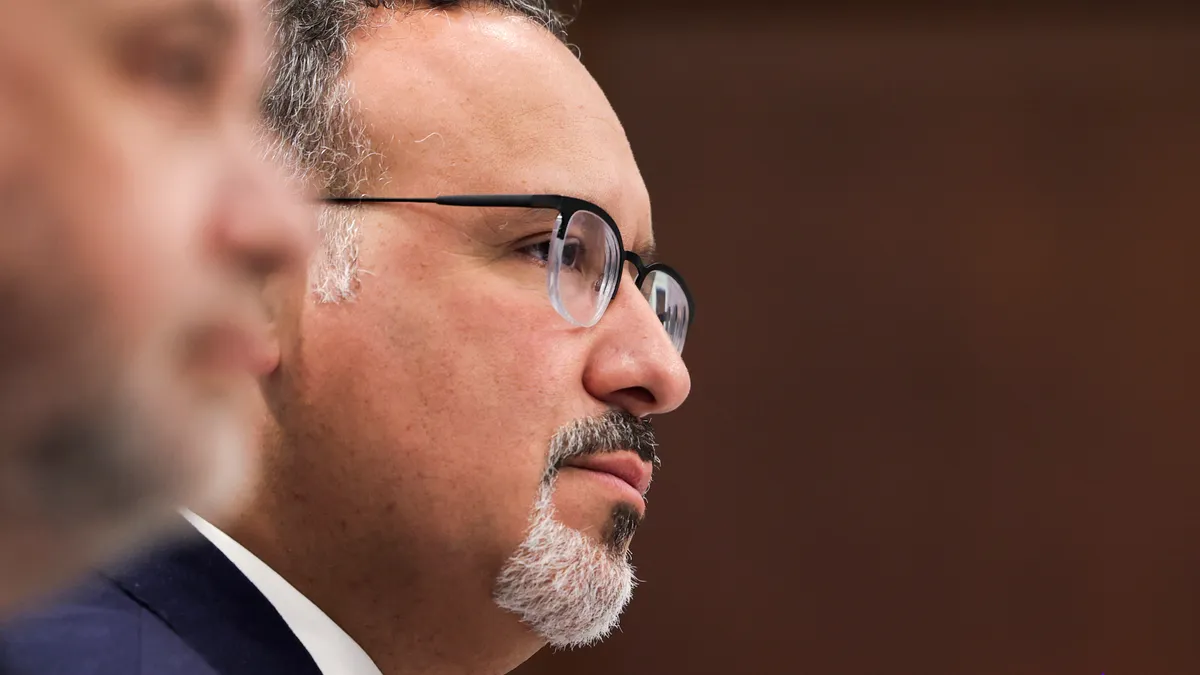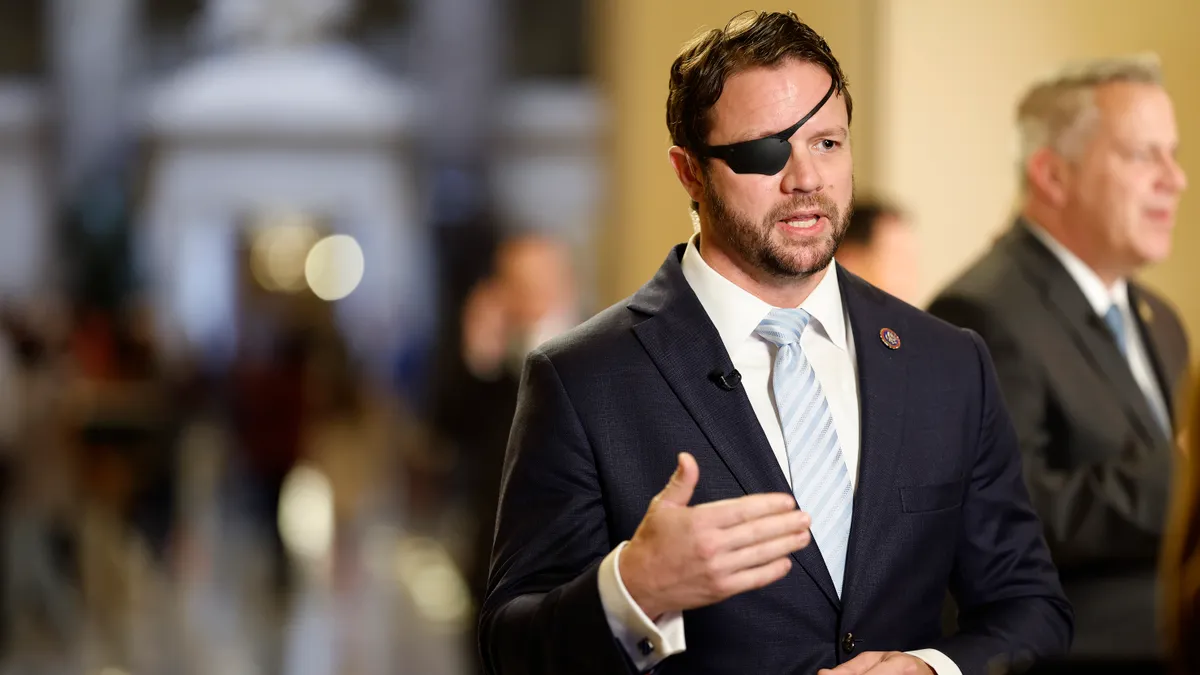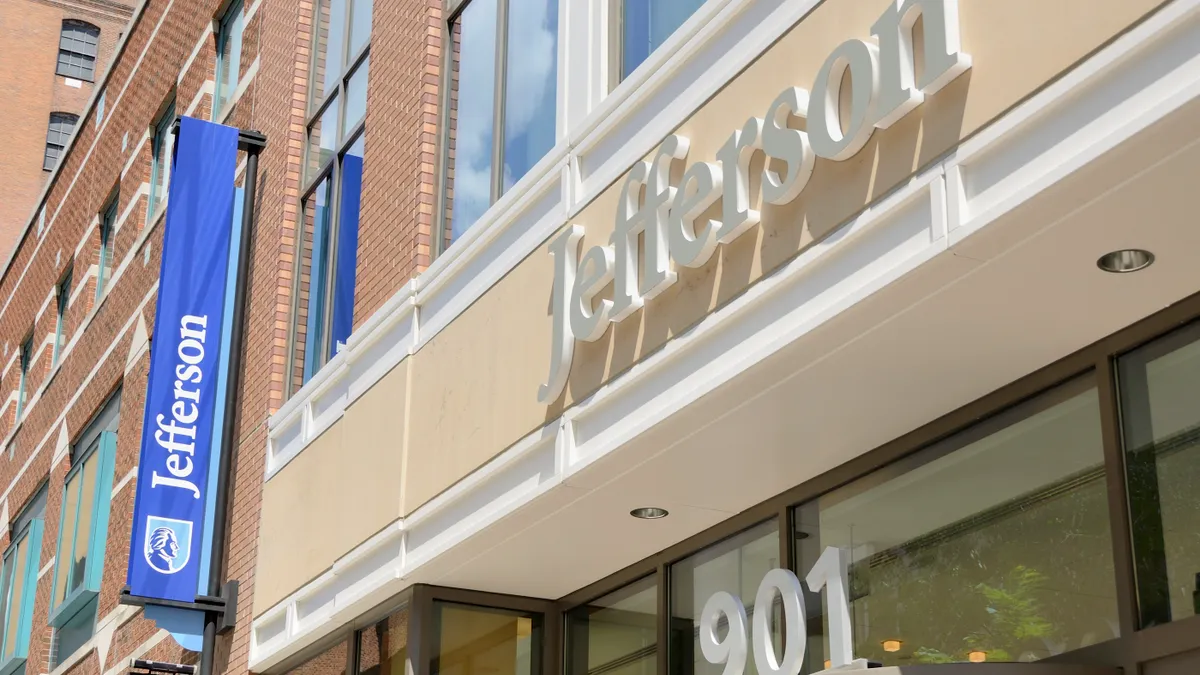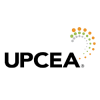Dive Brief:
- Three higher education institutions filed notices last week that they intend to appeal a $6 billion settlement from the U.S. Department of Education that would automatically clear federal student loan debts for roughly 200,000 borrowers who say their colleges defrauded them.
- The two for-profits — American National University and Lincoln Educational Services Corp. — and the nonprofit Everglades College, have also asked a federal judge to temporarily pause the settlement agreement reached in Sweet v. Cardona until their appeal is heard.
- In 2019, borrowers accused the Education Department of improperly delaying decisions on their borrower defense to repayment claims, which allow the agency to wipe away students’ loans if their colleges misled them. Their class-action settlement with the Education Department was approved late last year, but the three institutions argue the agency lacks the legal authority to clear the debts en masse.
Dive Insight:
The notices of appeal mark the latest development in the long-running Sweet v. Cardona case. If the three institutions are successful, it could delay or even altogether stop $6 billion worth of debt relief to hundreds of thousands of borrowers.
Eileen Connor, president and director of the Project on Predatory Student Lending, one of the groups representing borrowers in the lawsuit, lambasted the three institutions Tuesday for planning to appeal the settlement.
“This appeal demonstrates just how desperate these schools are to deny justice for borrowers, and we will not stop fighting until students get the relief they deserve,” Connor said in a statement.
The plaintiffs launched the lawsuit about three years ago, accusing the Trump administration of halting decisions on borrower defense claims. They neared a settlement agreement in 2020, but it fell apart when class members learned the Education Department was sending out blanket denials to their applications.
After the Biden administration took over in early 2021, the Education Department once again struck a settlement agreement with borrowers, and a federal judge approved the deal late last year. It would automatically clear the debts of around 200,000 students who attended one of the colleges on a list of 150-plus institutions, most of which are for-profits.
The settlement would also require the Education Department to streamline the borrower defense application process for another 64,000 people who didn’t attend one of the institutions on the list, a group that is projected to have about $1.5 billion in federal debt cleared. Another group, roughly 179,000 borrowers who submitted borrower defense claims after the settlement agreement was reached in June but before it was approved, will receive similar treatment.
Some of the institutions included on the settlement list opposed the deal. They argued that it would deny them due process rights afforded under the borrower defense regulations and that it harmed their reputations.
However, U.S. District Judge William Alsup, who approved the deal, noted in his ruling that the Education Department is not clearing the debts through the borrower defense rule. Therefore, the agency can’t use the settlement as a basis to recoup loan discharge costs from the colleges listed.
The institutions filed notices Friday that they intend to appeal the settlement to the U.S. Court of Appeals for the 9th Circuit.
Nicholas Kent, chief policy officer for Career Education Colleges and Universities, a group representing for-profit colleges, expects the 9th Circuit would block the settlement agreement from being carried out until the institutions’ appeals were considered.
“The considerations weigh in favor of the schools here,” Kent said. “If they didn’t stay the appeal, and the department started to effectuate the loan debt and other actions that go along with the judgment, those are going to be impossible or very difficult to unwind.”










